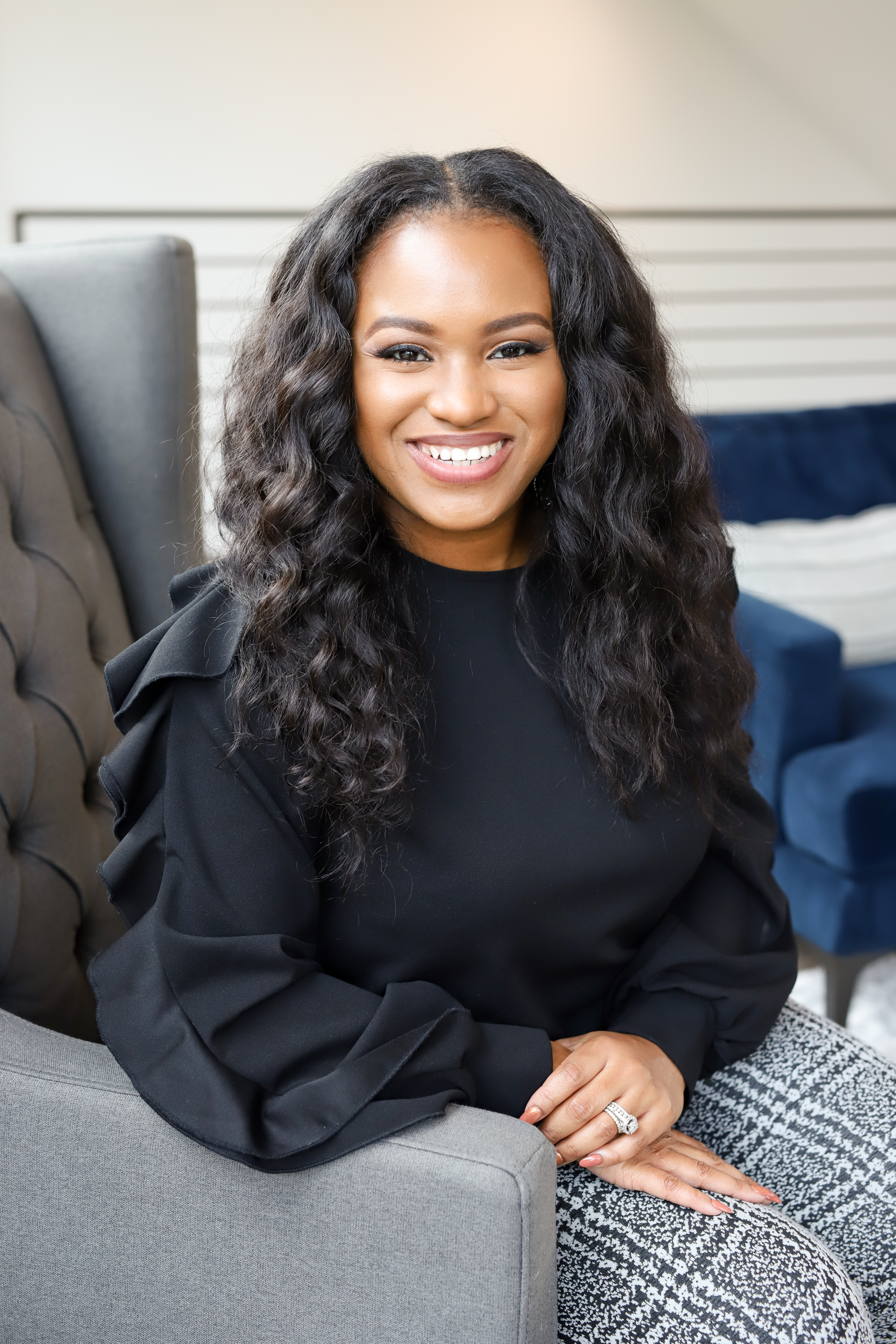Welcome to a Life of Faith, Family, Fitness & Fulfillment
Hey, I'm Rickeyta and I’m so glad you’re here.
As a work from home wife, mama of three, and a woman who’s fiercely committed to helping other women live whole, joyful, faith-filled lives.
For years, I thought I had to do it all — be the strong wife, the perfect mom, the business owner, the encourager for everyone else… and I did it while forgetting to pour back into my own soul. Maybe you know that feeling too?
Somewhere in the chaos of diapers, deadlines, and dreams, God showed me this truth: We can’t give from an empty cup.
So I made a choice — to slow down, lean into my faith, care for my body, love my family well, and chase fulfillment on His terms, not the world’s. And I want the same for you.

What I Believe
I believe women like us are the backbone of our homes and communities.
I believe God calls us to be strong, hardworking, energetic, and dignified — just like the Proverbs 31 woman.
I believe we can honor our faith, nurture our families, keep our bodies strong, and still pursue the dreams God placed in our hearts.
Not perfectly — but faithfully.
What You’ll Find Here
This isn’t another coaching program.
This is a safe place — to be reminded that you matter.
You’ll find encouragement, free resources, practical tips, real talk about womanhood, marriage, motherhood, health, and faith.
You’ll find reminders that you’re never walking alone.
And sometimes, you’ll find me dancing with my kids in the kitchen, or sending you a quick text that says, “Hey sis, don’t give up today.”
Faith. Family. Fitness. Fulfillment.
Your 4 Pillars for a Life Well-Lived
Faith — Grow closer to God with daily scriptures, prayers, and faith-filled habits.
Family — Build a home of love, laughter, and grace.
Fitness — Care for your body — because strong women serve well.
Fulfillment — Set goals, chase dreams, and live the life God has called you to.

Let’s Walk This Out Together
Join The SHED Women's Group E-Club
Receive short notes with a Bible verse, a bit of encouragement, and practical tips to help you show up as your best self — for your faith, your family, your health, and your future.

LEGAL
FOLLOW US
Copyright 2025. Rickeyta Starks. All Rights Reserved.



